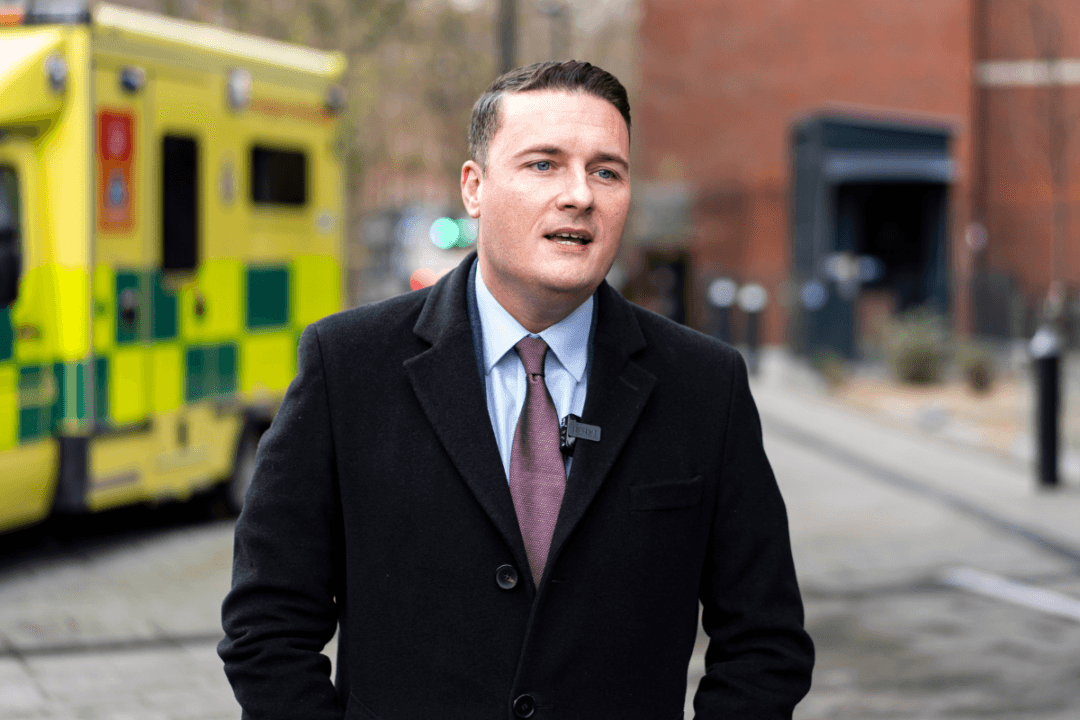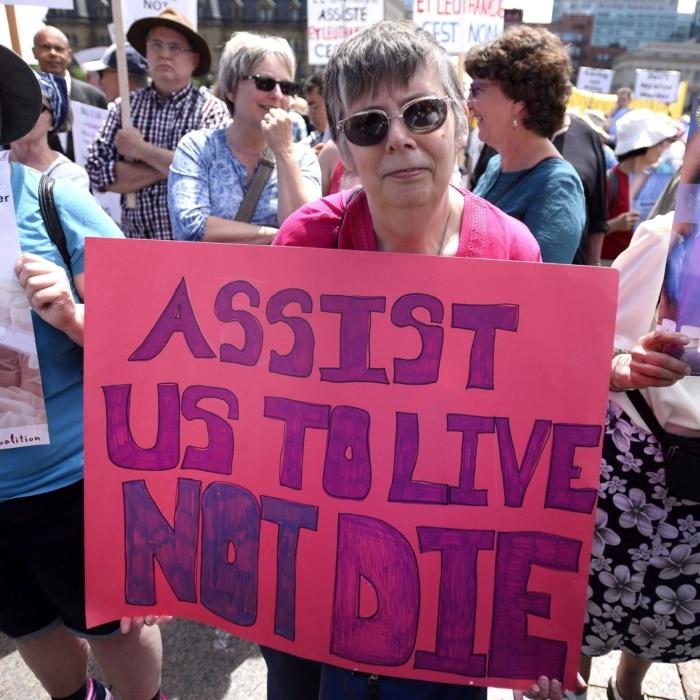Health Secretary Wes Streeting has said he still plans to oppose the assisted dying bill but that MP Kim Leadbeater’s work on it so far has been “extremely helpful.”
The Terminally Ill Adults (End of Life) Bill has undergone significant changes since it succeeded in an initial vote in Parliament in November, which the health secretary opposed.
The High Court safeguard has been dropped and replaced by expert panels, while the implementation period has been doubled to a maximum of four years for an assisted dying service to be in place should the bill pass into law.
Leadbeater, the MP behind the proposed legislation, and its supporters say the bill has been strengthened and made more workable, but opponents have claimed the committee process was rushed and chaotic.
“I think what Kim Leadbeater has done is extremely helpful,” Streeting told BBC Radio 4’s “Today” programme.
The government as a whole is neutral on the question but has sought to work with Leadbeater and MPs supporting and opposing the bill to make it workable, he said.
“To make sure that, whatever our own views on the merits of the bill itself, that the bill is workable, so that if MPs and peers choose to pass the assisted dying bill into law, that it is a workable law,” he said.
Asked if he would vote for it, he said, “No, I won’t be voting for it, but I do welcome the constructive approach that Kim Leadbeater has taken.”
Streeting has previously suggested it could cost the NHS more if assisted dying is brought in.
He said it is “fine” that other colleagues in the government and the Department of Health and Social Care “take a different view.”
“It’s a free vote and and it will remain so as this bill goes through,” Streeting added.
He said Leadbeater and supporters of the bill are taking the right approach “even if I might, respectfully, disagree with them on the merits of the bill overall.”
The bill returns to the House of Commons this month for further debate.
Eligibility for an assisted dying service under the proposal remains with only terminally ill adults in England and Wales with fewer than six months to live.
The bill proposes someone fitting this criteria should be legally allowed to end their lives, subject to approval by two doctors and an expert panel featuring a social worker, senior legal figure, and psychiatrist.
MPs are expected to vote on further amendments to the bill at report stage on April 25.
If time allows, MPs could also vote on whether to approve the bill at third reading—its final stage in the Commons—and decide if it is then sent to the House of Lords for further scrutiny.
Voting is according to conscience so MPs do not vote along party lines on this issue.






